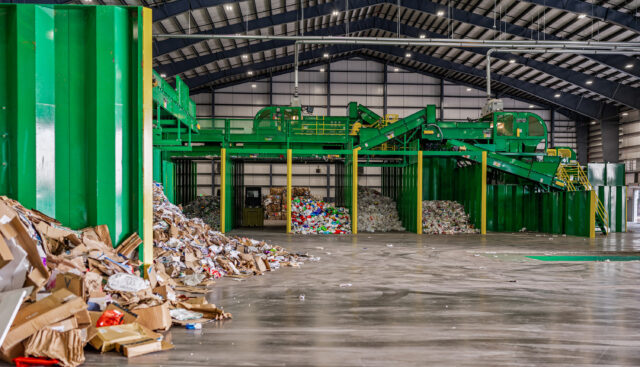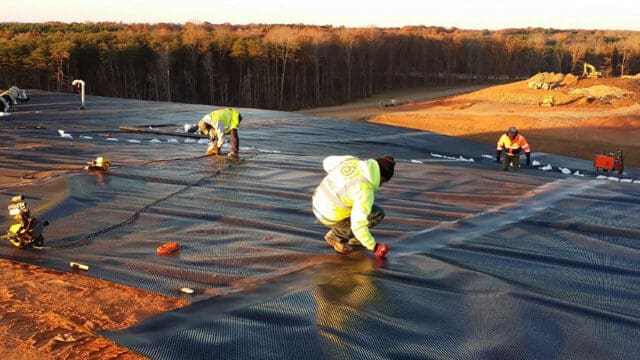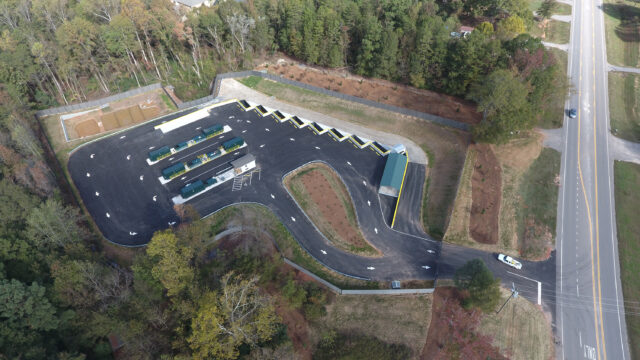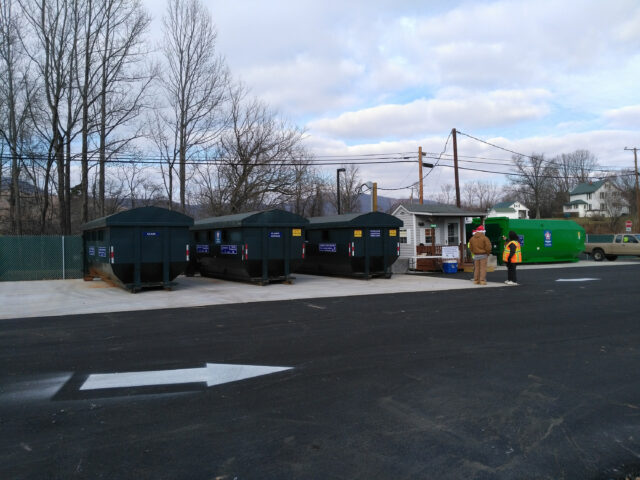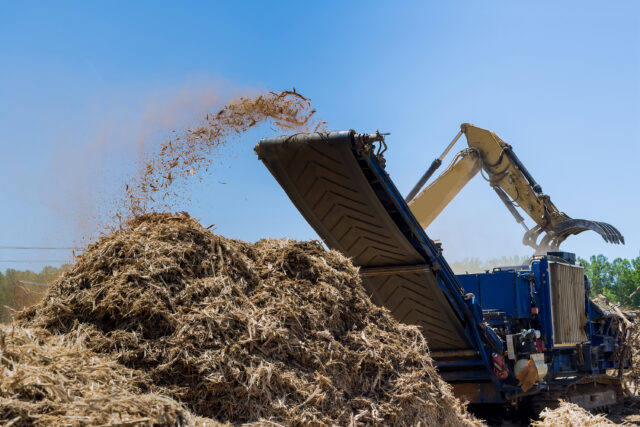
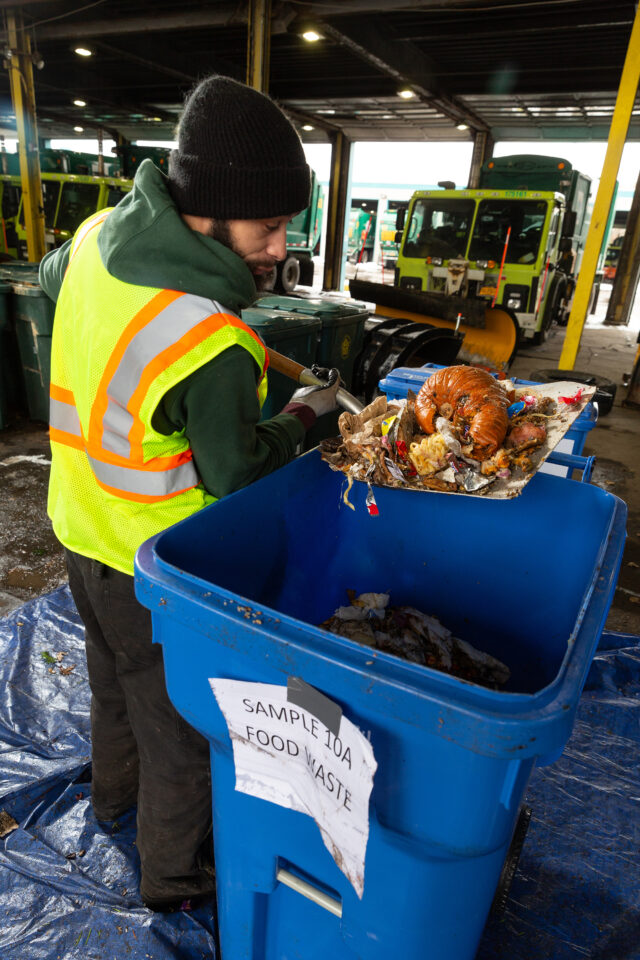
Feasibility Study of a Source-Separated Organics Collection and Composting Program – Rochester, NY
City of Rochester Seeks Source-Separated Organic Waste Management Solution
LaBella was selected by the City of Rochester to conduct a feasibility study and provide recommendations for the development of a source-separated organics (SSO) collection and composting program as part of the City’s residential and commercial solid waste management operation.
We partnered with the City to assess the type and quantity of materials that could be composted; evaluate best options for collection, including containers, equipment, and processing systems; and conduct an inventory of existing regional SSO outlets and processing facilities. A key component included an examination and benchmarking of SSO collection and processing facilities at cities within the U.S. that have similar climatic and demographic similarities to the City of Rochester as well as customer educational assistance.
Key tasks completed for this study include the following:
- Benchmarking Study of municipal SSO programs
- A Waste Characterization Study
- An evaluation of best practices tailored to the City’s current needs and capabilities for the creation of an SSO program
- A Pilot Program Implementation recommendation developed from the above findings
Through these tasks, our team determined the potential daily tonnage of SSO and the method of direct hauling of City-collected SSO to an existing processing or collection facility within Monroe County as the most feasible option. We also identified opportunities available within close proximity to City limits for the development of a commercial SSO composting operation, as well as a potential outlet for selling and distributing finished compost to consumers through local private companies. We then designed four viable pilot tests. Each pilot test included a different collection method and processing facility, allowing the City to implement multiple pilot tests simultaneously.
Prior to implementing full-scale operation, LaBella recommended soliciting feedback from participants as well as from City employees involved in the collection and transportation of material. Results of the feedback from the community and the City, in addition to the test results of the finished compost, will be used to guide the full-scale implementation approach.
